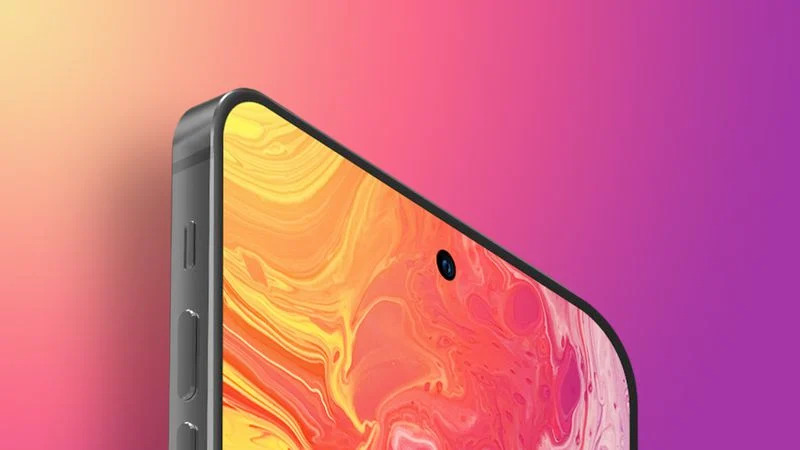Investing
Morning Blast: Microsoft-Sony Deal May Seal Activision Acquistion; Russia Says iPhone Is Spyphone

Published:

Microsoft Corp.’s (NASDAQ: MSFT) proposed $75 billion acquisition of Activision Blizzard Inc. (NASDAQ: ATVI) has apparently moved into the homestretch with a significant lead over the Federal Trade Commission (FTC) and its chair, Lina Khan. Last week the Ninth Circuit Court of Appeals denied the FTC’s request for a preliminary injunction halting the deal.
On Sunday, Microsoft and Sony Group Corp. (NYSE: SONY) signed a binding agreement that would keep Activision Blizzard’s Call of Duty game on Sony’s PlayStation after the merger with Microsoft is completed.
[in-text-ad]
Phil Spencer, CEO of Microsoft Gaming, announced the agreement in a tweet:
We are pleased to announce that Microsoft and @PlayStation have signed a binding agreement to keep Call of Duty on PlayStation following the acquisition of Activision Blizzard. We look forward to a future where players globally have more choice to play their favorite games.
— Phil Spencer (@XboxP3) July 16, 2023
Note that the agreement specifies no termination date — at least, none that is public. When the acquisition was first announced in January 2022, Microsoft said it would make Call of Duty available to PlayStation users for several years following the acquisition. The company also indicated that it would be willing to sign an agreement to make the popular game available for up to 10 years.
The Wall Street Journal reported Sunday that Sony “confirmed” an agreement on a 10-year deal. Microsoft already has signed a 10-year deal to make the game available to Nintendo users.
In an editorial on Sunday, the Financial Times commented that the Ninth Circuit’s rejection of the FTC’s appeal was the latest sign that “Khan’s team, however well-intentioned, has over-reached.”
Russia’s trade ministry has banned the use of Apple Inc.’s (NASDAQ: AAPL) iPhone by thousands of government officials and employees, reflecting the government’s claim that iPhones may be used for espionage purposes. According to a report in the FT, the ban includes iPads and other Apple devices for government work.
The trade ministry is just the latest government agency to ban iPhones and other Apple devices. The finance and energy ministries already have similar bans. A source told the FT, “Security officials in ministries — these are FSB employees who hold civilian positions such as deputy ministers — announced that iPhones were no longer considered safe and that alternatives should be sought.”
Russia’s Tass News Agency reported in June that the Federal Security Service (the FSB) “has uncovered a U.S. intelligence operation being conducted via a virus program on Apple mobile devices.”
In its own press release, the FSB made the following claim:
The Federal Security Service, in conjunction with the Russian Federal Protective Service (FSO), has uncovered an intelligence operation by US intelligence agencies carried out with the use of mobile devices. In the course of securing Russian telecommunications infrastructure, anomalies characteristic only of Apple cell phone users and caused by previously unknown malicious software exploiting vulnerabilities in the manufacturer’s software were revealed.
iPhones and other Apple devices remain available to Russian consumers for personal use, although Apple stopped selling its products in the country following the Russian invasion of Ukraine. Russian retailers no longer have to have the manufacturer’s permission to import products made by Apple and other companies that stopped sales after the invasion.
After Apple announced that it was stopping sales in Russia, Loup Ventures’ Gene Munster told NPR that Apple generated about 2% (around $7 billion) of its revenue in Russia.
Thank you for reading! Have some feedback for us?
Contact the 24/7 Wall St. editorial team.